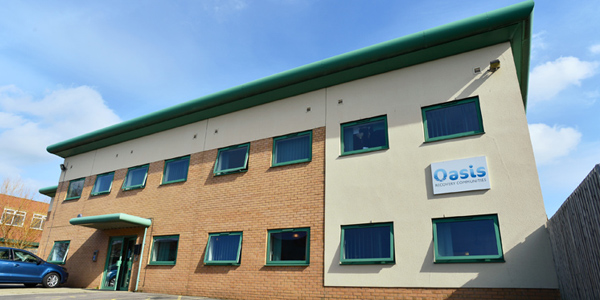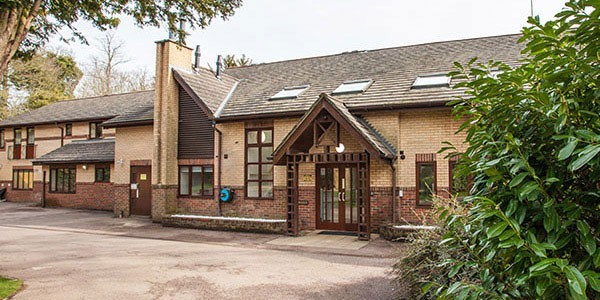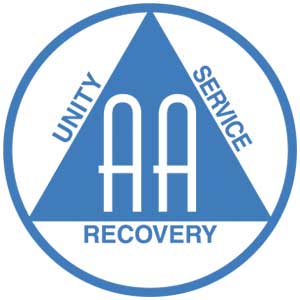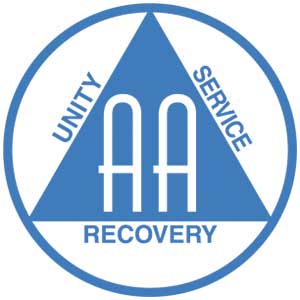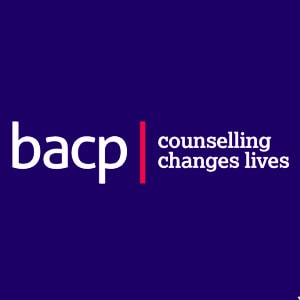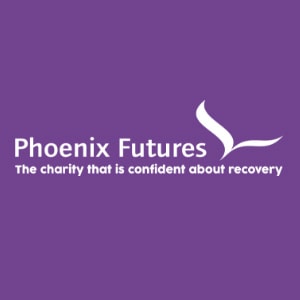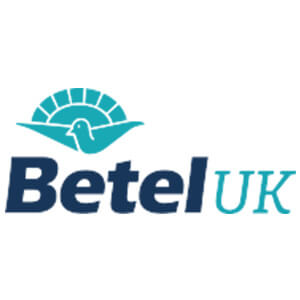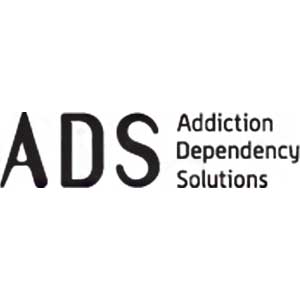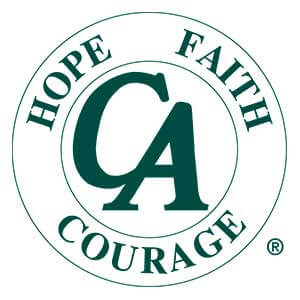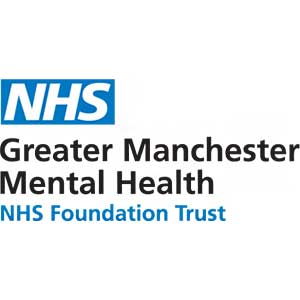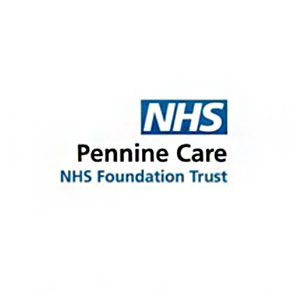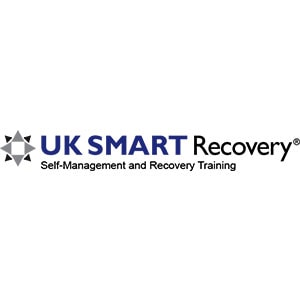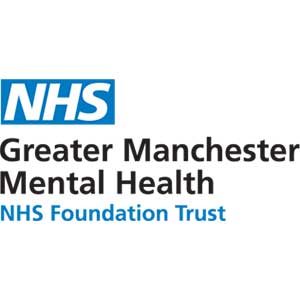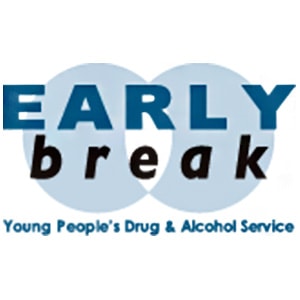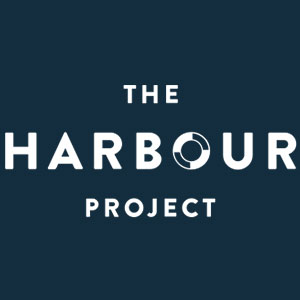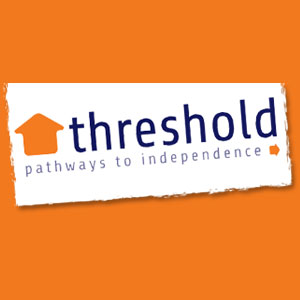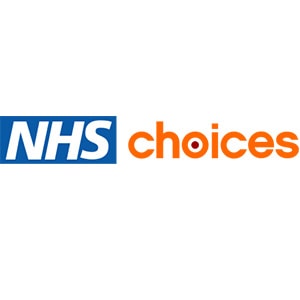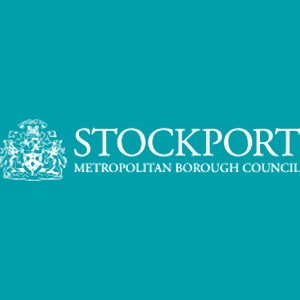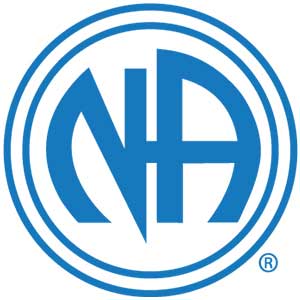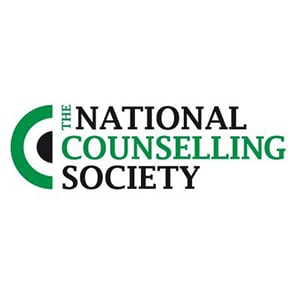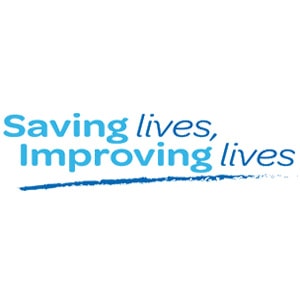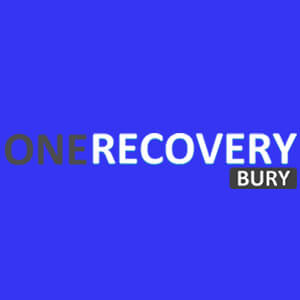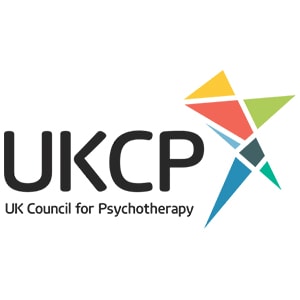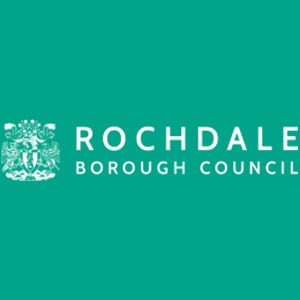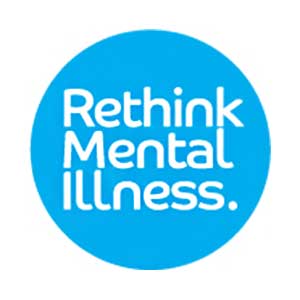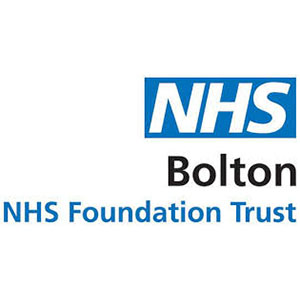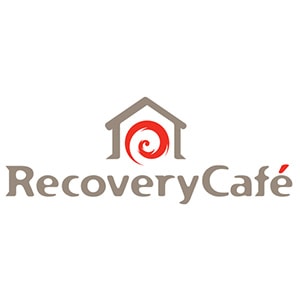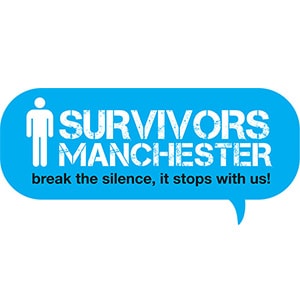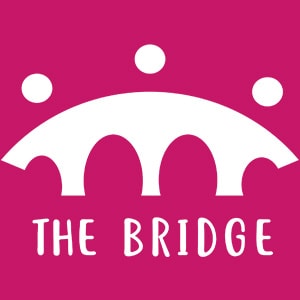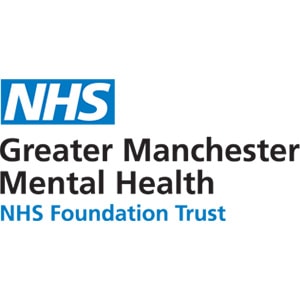Getting help for Addiction & Substance Abuse in Ashton-In-Makerfield
Breaking free from drug or alcohol addiction involves eliminating physical and psychological dependence and addressing the harmful behavioural issues that initially lead to addiction. Attempting to stop using drugs without any type of professional assistance can be very difficult and sometimes dangerous where physical dependence has evolved. Alcoholism and addiction to other drugs are detrimental to both physical and mental health. Usually the friends and family of addicts find the behavioural aspects of addiction the most apparent and troubling.
For rehab to succeed, the individual must commit to deep, behavioural changes whilst in treatment. The success rates of recovery depend entirely on the individual’s willingness and commitment to such changes. All good rehab facilities in Ashton-In-Makerfield should offer person-centred treatment which includes a comprehensive screening process. The treatment plan should be tailored to the needs of each individual, with regular monitoring and progress reports throughout the programme.
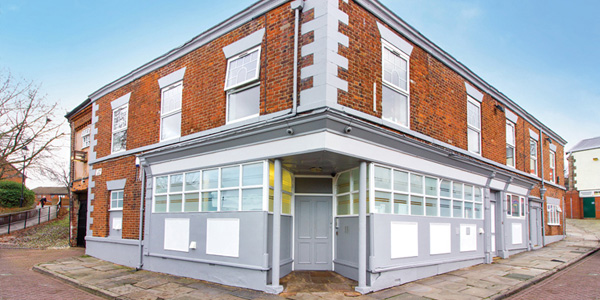
Oasis Runcorn is a detox and rehab unit offering a unique combination of tw…
- Private
- Holistic Treatment
- Tailored Treatment Programme
- Residential
Featured Rehabs
Oasis Bradford was built in 2009, originally commissioned by the Department…
Banbury Lodge is a leading CQC approved detox, rehab and therapy clinic for…
Liberty House Clinic is a fully furbished detox and rehabilitation facility…
Finding Treatment near Greater Manchester
-
- Free
- Outpatient
- 12 Step
- Residential
-
- Free
- Outpatient
- 12 Step
- Residential
-
- Free
- Outpatient
- 12 Step
- Residential
-
- Free
- Outpatient
- 12 Step
- Residential
-
- Free
- Outpatient
- 12 Step
- Residential
-
- Free
- Outpatient
- 12 Step
- Residential
-
- Free
- Group Setting
- 12 Step
- Residential
-
0 review
- One to One
- Group Setting
- Outpatient Option
- Residential
-
- Drugs & Alcohol
- Group Setting
- Under 18’s
- Residential
-
- Drugs & Alcohol
- Group Setting
- Christian
- Residential
-
- Outpatient Option
- Group Setting
- Free Service
- Residential
-
Ashton Under Lyne Fire Station
Slate Lane, Audenshaw
Ashton Under Lyne
M34 5FS0 review- Free
- Outpatient
- 12 Step
- Residential
-
Achieve Recovery Service
The Orchard Community Hub
2 Langley Road South, Salford
M6 6GU0 review- Free
- Outpatient
- 12 Step
- Residential
-
- Free
- Outpatient
- 12 Step
- Residential
-
Dunham Road Unitarian Chapel
Sylvan Grove
Altrincham
WA14 4NX0 review- Free
- Outpatient
- 12 Step
- Residential
-
- Free
- Outpatient
- 12 Step
- Residential
-
- Free
- Outpatient
- 12 Step
- Residential
-
- Free
- Outpatient
- 12 Step
- Residential
-
- Free
- Outpatient
- 12 Step
- Residential
-
- Young Persons
- Free
- Counselling
- Outpatient
-
- Outpatient Option
- Free
- Free Service
- Outpatient
-
- Outpatient Option
- Free
- Free Service
- Outpatient
-
- Outpatient Option
- Free
- Free Service
- Outpatient
-
- Outpatient Option
- Free
- Free Service
- Outpatient
-
- Free
- Counselling
- Outpatient
- Outpatient
-
0 review
- One to One
- Counselling
- Outpatient Option
- Outpatient
-
- Drugs & Alcohol
- Counselling
- Under 18’s
- Outpatient
-
- Drugs & Alcohol
- Counselling
- Under 18’s
- Outpatient
-
- Drugs & Alcohol
- Outpatient Option
- Under 18’s
- Outpatient
-
- Free Service
- Outpatient
- Under 18’s
- Outpatient
-
- Free Service
- Outpatient
- Under 18’s
- Outpatient
-
- Drugs & Alcohol
- Outpatient
- LGBTQ Conscious
- Outpatient
-
- Drugs & Alcohol
- Outpatient
- LGBTQ Conscious
- Outpatient
-
- Drugs & Alcohol
- Outpatient
- Under 18’s
- Outpatient
-
- Outpatient Option
- Outpatient
- Free Service
- Outpatient
-
Social Room, Union Chapel
2 Wellington Road, Fallowfield
Manchester
M14 6EQ0 review- Free
- Outpatient
- 12 Step
- Outpatient
-
Ashton Business Centre
111-113 Old Street
Ashton-under-Lyne
OL6 7RL0 review- Free
- Outpatient
- 12 Step
- Outpatient
-
- Free
- Outpatient
- 12 Step
- Outpatient
-
- Free
- Outpatient
- 12 Step
- Outpatient
-
The Well – Farnworth Baptist Church
Trafford Street
Farnworth, Bolton
BL4 7PQ0 review- Free
- Outpatient
- 12 Step
- Outpatient
-
Haughton Thornley Medical Centre
9 Thornley Street, Hyde
SK14 1JY0 review- Free
- Outpatient
- 12 Step
- Outpatient
-
- Free
- Outpatient
- 12 Step
- Outpatient
-
- Free
- Outpatient
- 12 Step
- Outpatient
-
0 review
- One to One
- Outpatient
- Outpatient Option
- Outpatient
-
- One to One
- Outpatient
- Outpatient Option
- Outpatient
-
- Outpatient Option
- Outpatient
- Free Service
- Outpatient
-
0 review
- One to One
- Outpatient
- Outpatient Option
- Outpatient
-
- One to One
- Outpatient
- Free Service
- Outpatient
-
- Free Service
- Outpatient
- Free Service
- Outpatient
-
- Free Service
- Outpatient
- Support
- Outpatient
-
- Free
- Outpatient
- Non 12 Step
- Outpatient
-
Ashton Business School, 111-113 Old Street,
Ashton-Under-Lyne, Greater Manchester,
0L6 7RL0 review- Free
- Outpatient
- Non 12 Step
- Outpatient
-
- Drugs & Alcohol
- Trauma Therapy
- Male Service
- Outpatient
-
- Free Service
- Trauma Therapy
- Under 18’s
- Outpatient
-
The Willows Centre for Health
Lords Avenue, Off Tootal Road
Salford, M5 5JR0 review- Free Service
- Trauma Therapy
- Eating Disorder
- Outpatient
-
- Free Service
- Trauma Therapy
- 12 Step
- Outpatient
- Load More
Drug & Alcohol Rehab Services in Greater Manchester
- A
- B
- C
- D
- E
- F
- G
- H
- I
- J
- K
- L
- M
- N
- O
- P
- Q
- R
- S
- T
- U
- V
- W
- X
- Y
- Z

How Does Rehab Work
Individuals should be treated on a one-to-one and group basis. To fully address their specific needs, they should receive a person-centred treatment programme for optimal recovery. A psychiatric evaluation should be provided by certified psychiatrists. All rehab programmes should be carried out by a team of mental health and addiction specialists, as well as wellness specialists, spiritual counsellors, and medical staff.
When it comes to choices for rehab, the two distinct options available in the UK are inpatient residential rehab and outpatient programmes. Inpatient residential rehab is often not available on the NHS, whereas individuals can self-refer into outpatient programmes throughout Ashton-In-Makerfield. Inpatient residential rehab provides many advantages over outpatient programmes. They allow the individual to safely detox from alcohol and substances in an enclosed environment, without any temptations.
What Happens During Alcohol and Drug Rehab in Ashton-In-Makerfield
Rehab gives individuals the tools they need to live meaningful lives without the need for alcohol or any other substances. Qualified professionals promote an environment that is supportive, caring and compassionate, so that individuals can begin the healing process and walk along the road to long-term recovery. However, not all residential programs are the same and a person struggling with drug or alcohol addiction may not know what the ideal residential treatment program looks like. It is imperative that before choosing a residential programme, you understand what is offered in terms of aftercare and treatment options. A good rehab programme should be made up of group therapy, individual therapy, and family therapy. Medical staff should be available any time of day or night to help individuals through the detox phase, and address any concerns they may have regarding psychotherapy and detox medication.
Residential programmes should give free aftercare as part of all good programmes, and should agree to regular sessions to aid long-term recovery. All rehab facilities in the UK are required to register with the Care Quality Commission (CQC). The CQC provide a rating of each individual rehab ranging from “Inadequate” to “Outstanding”. To get an understanding of a rehab’s performance, the CQC website is a great place to start, as they provide all inspection reports and summaries of any issues found.
Addiction Therapy & Treatment Options in Ashton-In-Makerfield
When you begin making enquiries, ask about the different therapy programmes the centre provides. A good rehab should have several therapeutic models to help those dealing with psychological issues. If the individual presents mental health problems, it’s best to ask the centre if they specialise in treating dual-diagnosis. Dual-diagnosis is the presence of mental health conditions and addiction, a specialised treatment is recommended to effectively treat both conditions.
A good rehab centre therefore, should be licensed to treat both addiction and mental health disorders – with the expertise to treat substance disorders without hindering on the state of any existing mental health problems (such as bipolar or depression). Where dual diagnosis is concerned, several factors must be taken into consideration for the individuals well-being – such as the ongoing use of existing psychiatric medication as well as therapy undergone prior to rehabilitation. The first phase of rehab is detox. Detox eliminates the substances that affect the individual’s mind, preparing them for psychological treatment.
Medical Alcohol and Drug Detox
Detox is a treatment designed to bring an end to the psychological and physical addiction caused by alcohol and drug misuse. A medical detox can be defined as medically-assisted, as often detox medication is provided to alleviate many of the dangerous symptoms associated with withdrawal. Detox medication is more common in those who are dependent on opiates, alcohol, barbiturates, and benzodiazepines.
Medical professionals will decide whether a medically-assisted detox is required, with special considerations around the individuals needs and any existing mental health conditions. It is recommended that the detox phase takes place within a residential setting, so that withdrawal symptoms and health complications can be monitored by medical professionals.

Therapy for Alcohol and Drug Addiction
The rehabilitation phase starts once the individual’s detox is complete. Clinicians should utilise a large array of therapeutic models to create a personalised treatment plan. One-to-one sessions should involve the use of psychotherapy as Dialectical Behavioural Therapy (DBT) or Cognitive Behavioural Therapy (CBT), amongst others. Group sessions should also take the form of talking therapies, but may also include different forms of psychotherapy such as Art Therapy, Meditation, and Drama Therapy. The aim is to provide the optimal environment that allows the individual to explore new ways of thinking, bond with peers and seek healthy, rewarding stimuli without the need for drugs or alcohol.
Cost of Alcohol and Drug Rehab
A large portion of the overall cost of rehab is from Detox, as well as the length of stay and services provided. Other things to consider include amenities and location. Inpatient rehab centres typically charge £5000 – £10000 for a 30-day treatment. Cost should not be a barrier to getting addiction treatment, as often maintaining an addiction incurs a far greater cost longer-term.
Consider the amount of money you spend to maintain your drug habit and the health ramifications caused by substance abuse. In some cases rehabs accept private insurance, but insurance providers don’t always cover addiction treatment. You should first check your insurance provider to determine whether they will cover your addiction treatment.
How Long is Rehab?
The length of stay will depend on individual circumstances, with most inpatient programmes ranging from 14 days up to 90 days. Longer rehab programmes have been associated with , so it may be prudent to decide on an extended rehab programme.
Some inpatient rehabs have options that are “detox only” – but uk-rehab does not endorse this – as detox alone rarely addresses the underlying causes of addictions. Consider a 60-90 day treatment programme for optimal recovery. This will allow for better adjusting to a life without substances, and for the therapy to have a long-lasting impact on spiritual and emotional well-being.
Nearest CQC Registered Rehab to Ashton-In-Makerfield
The closest rehab clinic we recommend near Ashton-In-Makerfield is the CQC-registered Oasis Runcorn. This Rehab offers a comprehensive addiction treatment programme for alcohol and drug related addictions, has a good/outstanding CQC rating, provides treatment plans for existing mental health conditions and offers 1-year free aftercare for both the individual and their families.
If you would like to seek addiction treatment in another location, UK-Rehab provide a number of rehab facilities throughout the UK, all of which provide the same level of service and expertise.
For more information on UK-Rehab, feel free to contact their addiction specialists on 02038 115 619.




